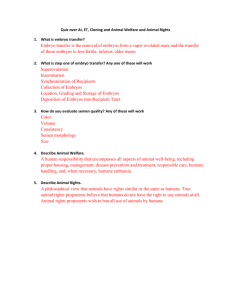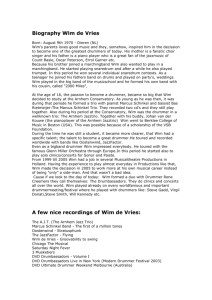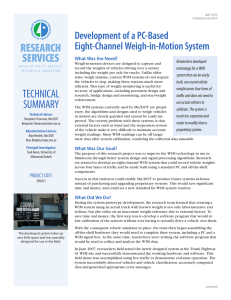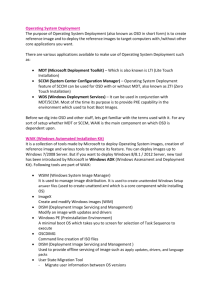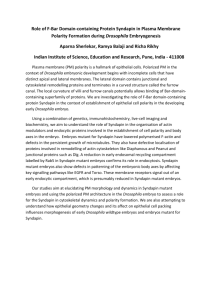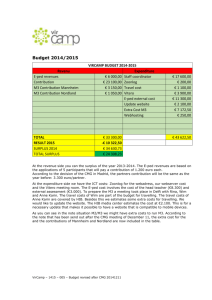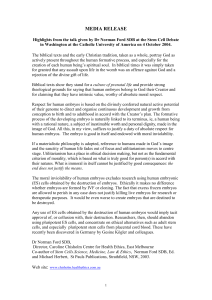Word file (22 KB )
advertisement
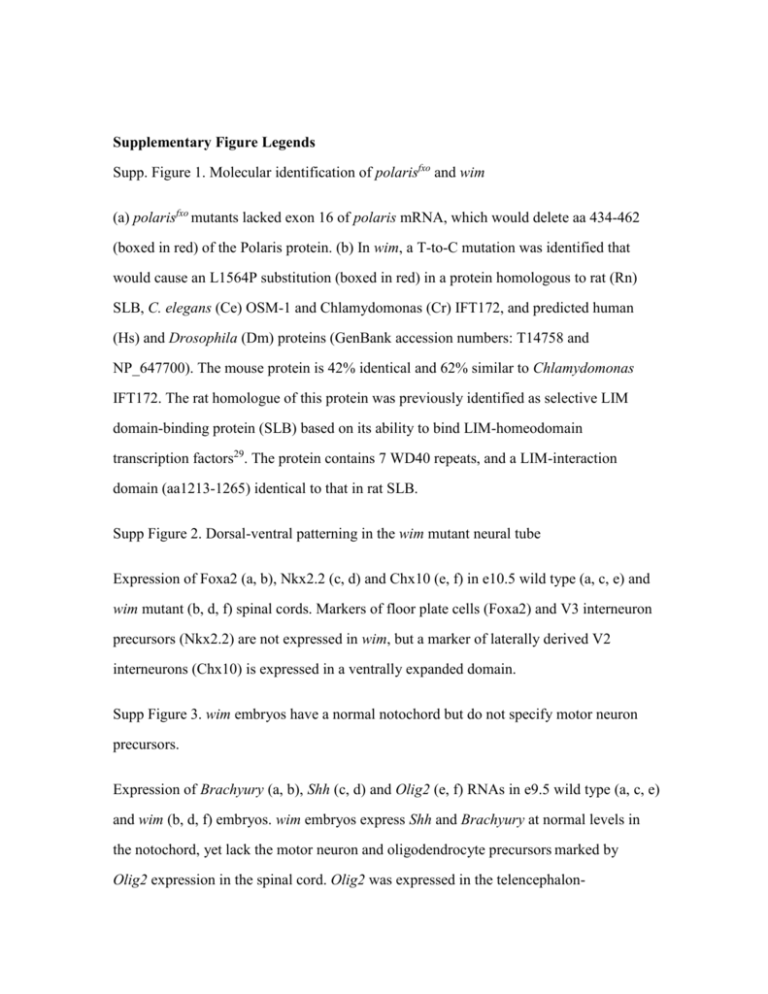
Supplementary Figure Legends Supp. Figure 1. Molecular identification of polarisfxo and wim (a) polarisfxo mutants lacked exon 16 of polaris mRNA, which would delete aa 434-462 (boxed in red) of the Polaris protein. (b) In wim, a T-to-C mutation was identified that would cause an L1564P substitution (boxed in red) in a protein homologous to rat (Rn) SLB, C. elegans (Ce) OSM-1 and Chlamydomonas (Cr) IFT172, and predicted human (Hs) and Drosophila (Dm) proteins (GenBank accession numbers: T14758 and NP_647700). The mouse protein is 42% identical and 62% similar to Chlamydomonas IFT172. The rat homologue of this protein was previously identified as selective LIM domain-binding protein (SLB) based on its ability to bind LIM-homeodomain transcription factors29. The protein contains 7 WD40 repeats, and a LIM-interaction domain (aa1213-1265) identical to that in rat SLB. Supp Figure 2. Dorsal-ventral patterning in the wim mutant neural tube Expression of Foxa2 (a, b), Nkx2.2 (c, d) and Chx10 (e, f) in e10.5 wild type (a, c, e) and wim mutant (b, d, f) spinal cords. Markers of floor plate cells (Foxa2) and V3 interneuron precursors (Nkx2.2) are not expressed in wim, but a marker of laterally derived V2 interneurons (Chx10) is expressed in a ventrally expanded domain. Supp Figure 3. wim embryos have a normal notochord but do not specify motor neuron precursors. Expression of Brachyury (a, b), Shh (c, d) and Olig2 (e, f) RNAs in e9.5 wild type (a, c, e) and wim (b, d, f) embryos. wim embryos express Shh and Brachyury at normal levels in the notochord, yet lack the motor neuron and oligodendrocyte precursors marked by Olig2 expression in the spinal cord. Olig2 was expressed in the telencephalon- diencephalon border of wim and wild type embryos. The Olig2 probe was generated by PCR from mouse genomic DNA using primers: 5’-GCGTGGGTATCAGAAGCACT-3’ and 5’-CCAGTCGGGTAAGAAACCAA-3’. Supp Figure 4. Dorsal-ventral patterning in the Kif3a mutant neural tube Kif3a embryos arrest at e9.5, prior to specification of most definitive neural cell types, but early neural markers were analyzed in e9.5 embryos. Expression of Shh (a, b), Nkx2.2 (c, d) and Pax6 (e, f) in e9.5 wild type (a, c, e) and Kif3a mutant (b, d, f) spinal cords. Kif3a mutants did not express markers of the floor plate (Shh) and V3 interneuron precursors (Nkx2.2), and ventral neural cells expressed the lateral marker Pax6 at high levels. The same pattern of marker expression was seen in wim embryos at this stage (data not shown).



